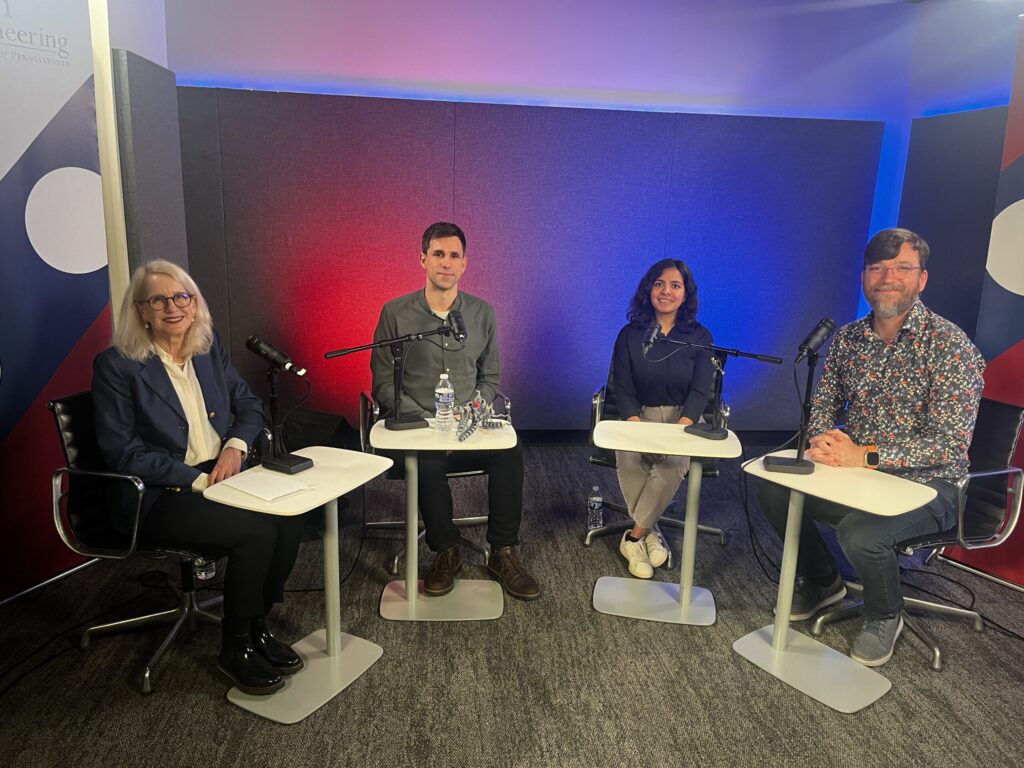
With AI technologies finding their way into every industry, important questions must be considered by the research community: How can deep learning help identify new drugs? How can large language models disseminate information? Where and how are researchers using AI in their own work? And, how are humans anticipating and defending against potential harmful consequences of this powerful technology?
In this episode of Innovation & Impact, host Susan Davidson, Weiss Professor in Computer and Information Science (CIS), speaks with three Penn Engineering experts about leveraging AI to advance scientific discovery and methods to protect its users. Panelists include:
Chris Callison-Burch, Associate Professor in CIS, who researches the applications of large language models and AI tools in current and future real-world problems with a keen eye towards safety and ethical use of AI;
Surbhi Goel, Magerman Term Assistant Professor in CIS, who works at the intersection of theoretical computer science and machine learning. Her focus on developing theoretical foundations for modern machine learning paradigms expands the possibilities of deep learning; and
Cesar de la Fuente, Presidential Assistant Professor in Bioengineering, Psychiatry and Microbiology with a secondary appointment in Chemical and Biomolecular Engineering, who leads research on technology in the medical field, using computers to find antibiotics in extinct organisms and identify pre-clinical candidates to advance drug discovery.
Each episode of Penn Engineering’s Innovation & Impact podcast shares insight from leading experts at Penn and Penn Engineering on science, technology and medicine.
Subscribe to the Innovation & Impact podcast on Apple Music, Spotify or your favorite listening platforms or find all the episodes on our Penn Engineering YouTube channel.
This story originally appeared in Penn Engineering Today.


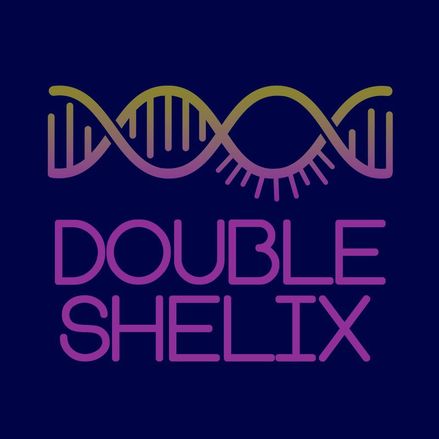
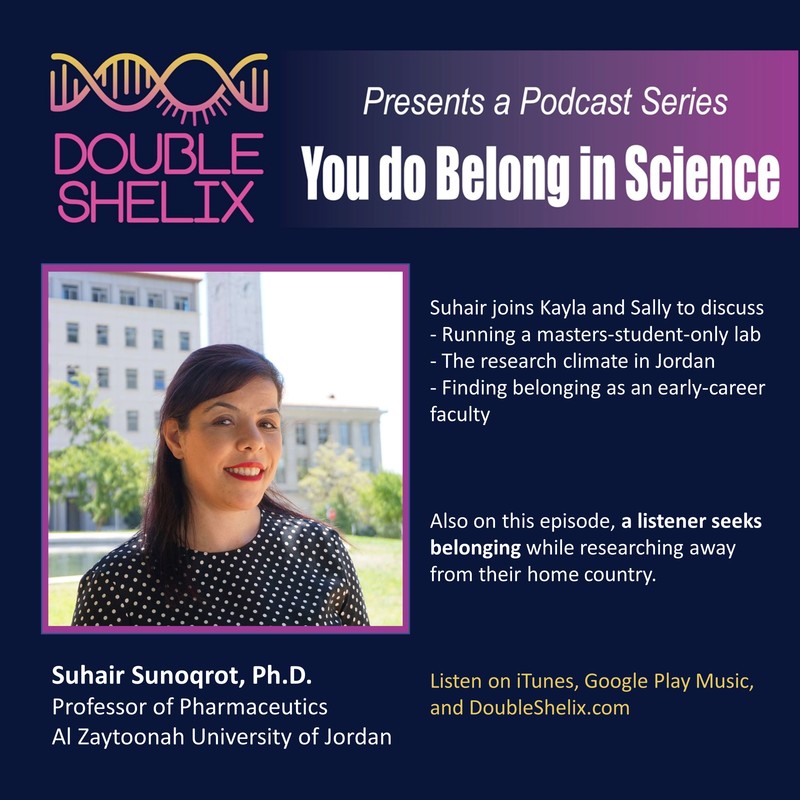
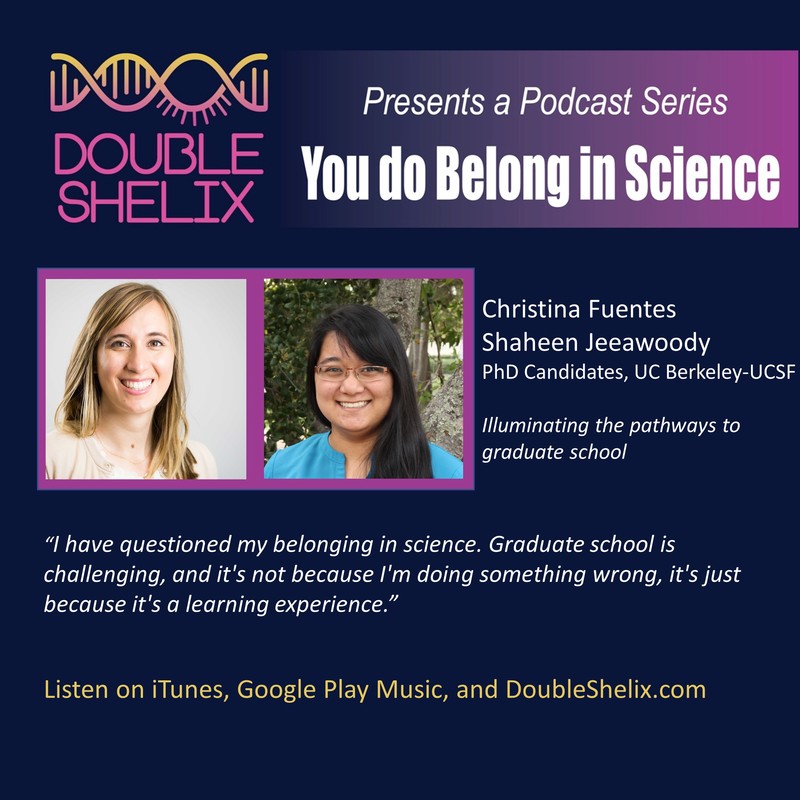
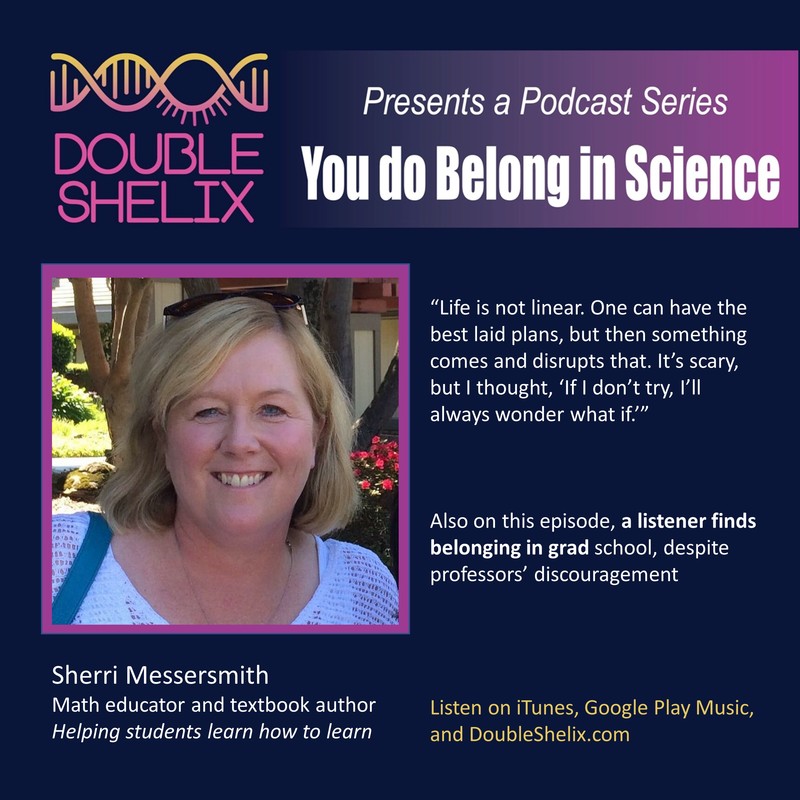
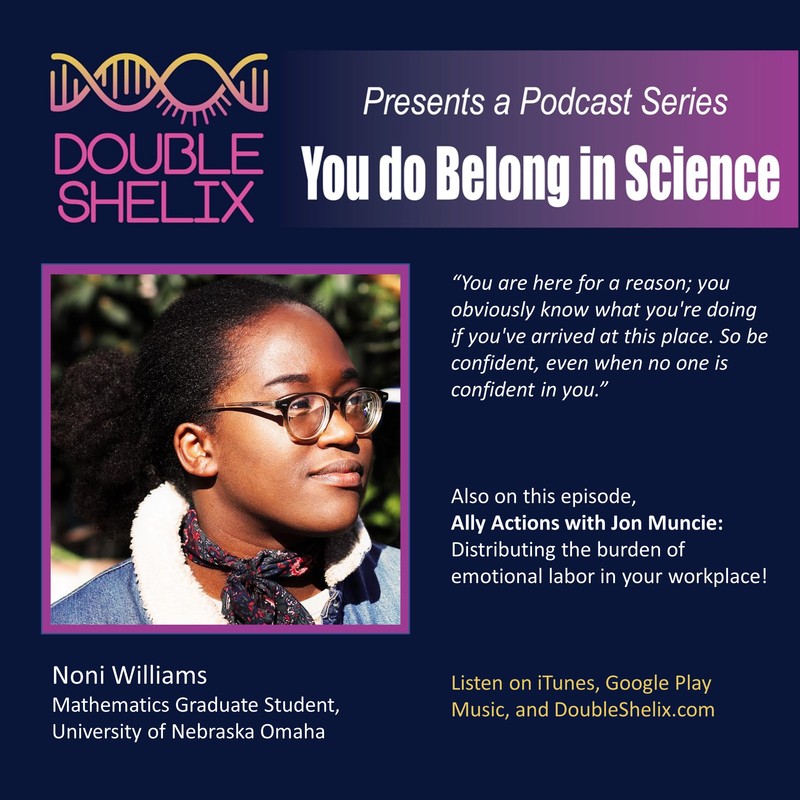
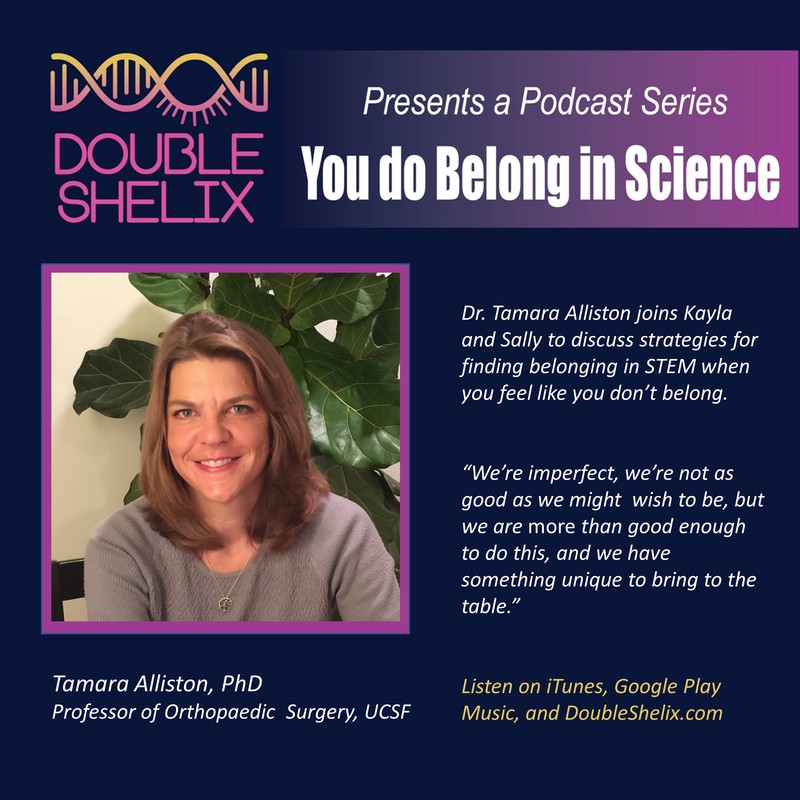
 In the latest podcast from
In the latest podcast from 